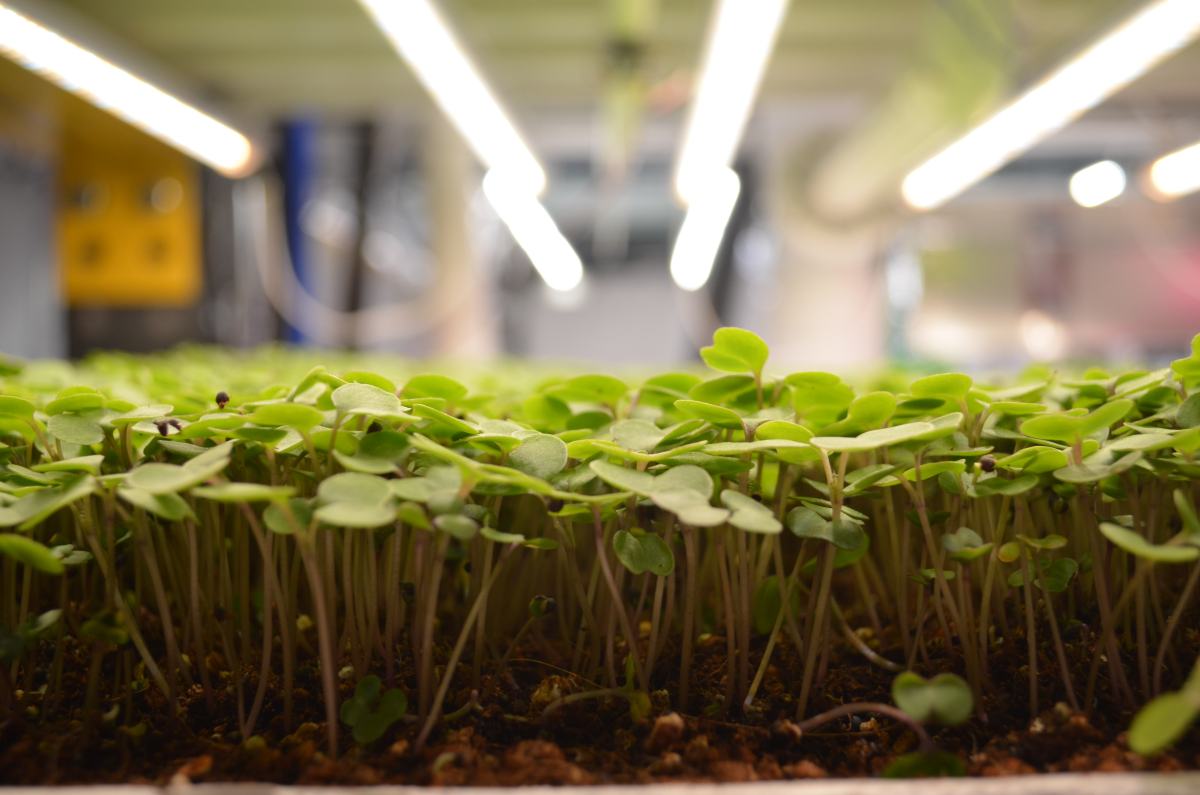Upward and onward | TechCrunch

The future of vertical farming is full of possibilities, as it offers hope in addressing growing concerns about food safety, aging populations, and potential environmental collapse. However, it is a challenging industry, particularly for early companies that must focus on driving down unit economics to make the technology more affordable.
Being an early player in this space can have its risks, as Upward Farms found out when it recently announced its closure despite plans to open a 250,000-square-foot farm in Pennsylvania. According to the Brooklyn-based firm’s founders, vertical farming is a complex industry where new challenges continuously emerge, making it difficult to convince potential investors to invest in a long-term project with an uncertain outcome.
Despite the closure, the Upward Farms team remains optimistic, pointing out that a small portion of their team will continue working on microbiome-related projects. While other big names in the vertical farming industry, such as Bowery and AeroFarms, continue to thrive, the closure of Upward Farms highlights the challenges faced by early players in this space. However, the closure may lead to valuable innovations that could be shared with other industry partners in the future.
